
HealthTech: Innovations in Healthcare Technology
Advancements in technology have transformed various industries, and healthcare is no exception. The integration of technology into healthcare, known as HealthTech, has revolutionized the way medical services are delivered, diagnosed, and managed. In this article, we will explore some of the notable innovations in HealthTech and their impact on improving healthcare outcomes.
1. Electronic Health Records (EHRs)

Electronic Health Records (EHRs) have replaced traditional paper-based records, enabling healthcare providers to store, access, and share patient information securely. EHRs streamline workflows, reduce errors, and improve coordination among healthcare professionals. They allow for comprehensive and real-time patient data, facilitating better decision-making and personalized care.
2. Telemedicine and Remote Monitoring
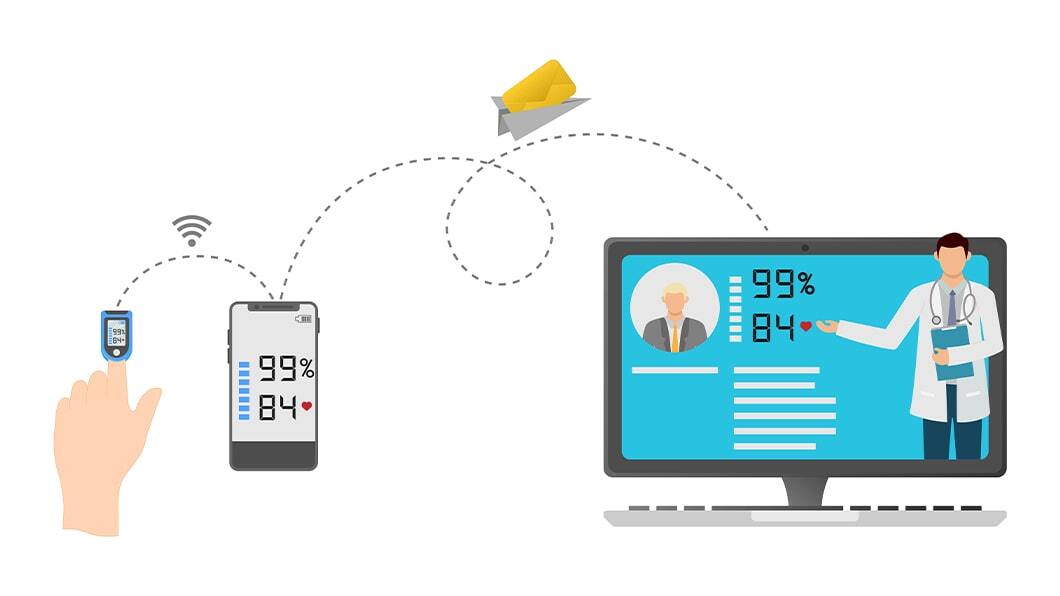
Telemedicine and remote monitoring technologies have facilitated access to healthcare services for patients in remote areas or those with limited mobility. Through video consultations, patients can connect with healthcare professionals and receive diagnosis, treatment, and follow-up care remotely. Remote monitoring devices, such as wearable sensors, allow for continuous tracking of vital signs, enabling early detection of health issues and proactive interventions.
3. Artificial Intelligence (AI) in Healthcare
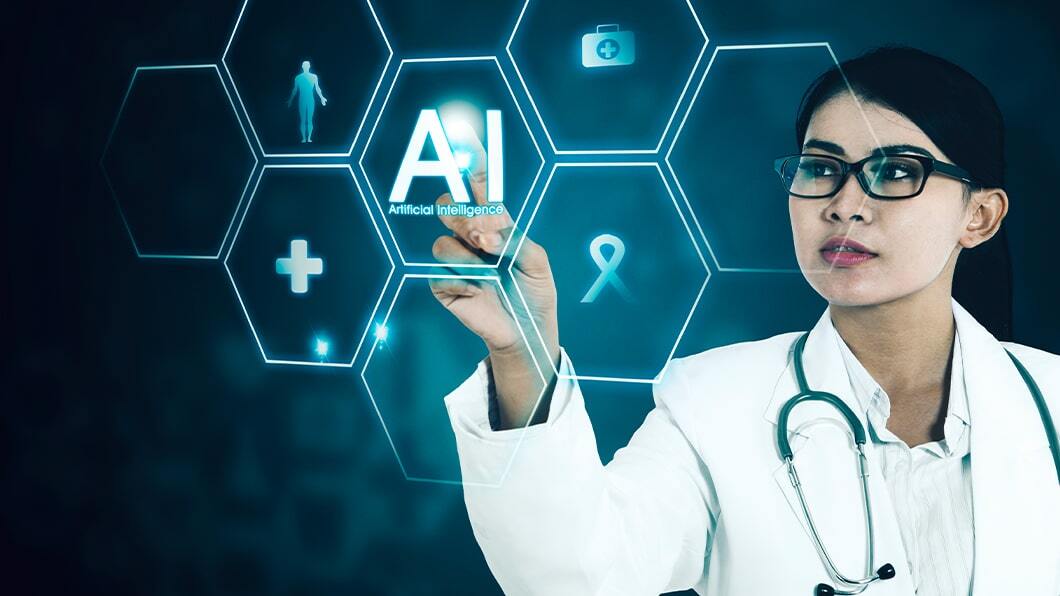
Artificial Intelligence (AI) has made significant strides in healthcare. Machine learning algorithms can analyze vast amounts of medical data, identify patterns, and assist in diagnosing diseases more accurately. AI-powered systems can provide personalized treatment recommendations, predict patient outcomes, and assist in surgical procedures. Additionally, AI-driven chatbots and virtual assistants improve patient engagement, answering queries and providing healthcare information.
4. Robotics and Automation
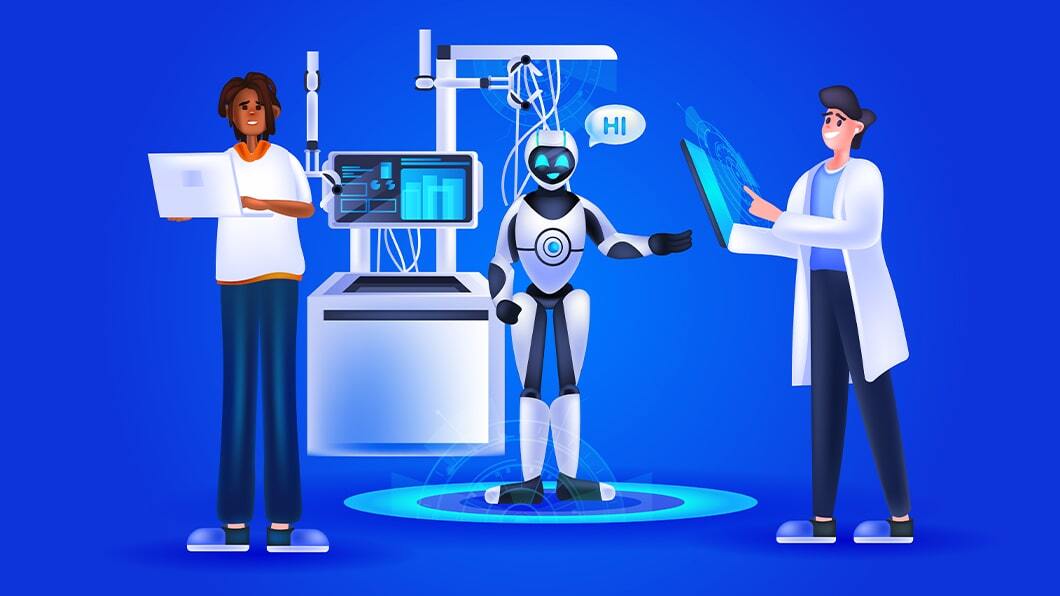
Robots and automation technologies have enhanced various aspects of healthcare, from surgery to rehabilitation. Surgical robots enable minimally invasive procedures with greater precision and shorter recovery times. Robots can also assist in repetitive tasks, such as medication dispensing and sample processing, freeing up healthcare professionals to focus on patient care. Additionally, exoskeletons and assistive robotics aid in rehabilitation, helping patients regain mobility and independence.
5. Big Data Analytics

Big data analytics plays a crucial role in healthcare by extracting valuable insights from vast amounts of health-related data. Analyzing electronic health records, clinical trials, and genomic data can uncover patterns, identify risk factors, and optimize treatment plans. Big data analytics also contributes to population health management, disease surveillance, and healthcare resource allocation, leading to more efficient and targeted interventions.
6. Health Wearables and Sensors
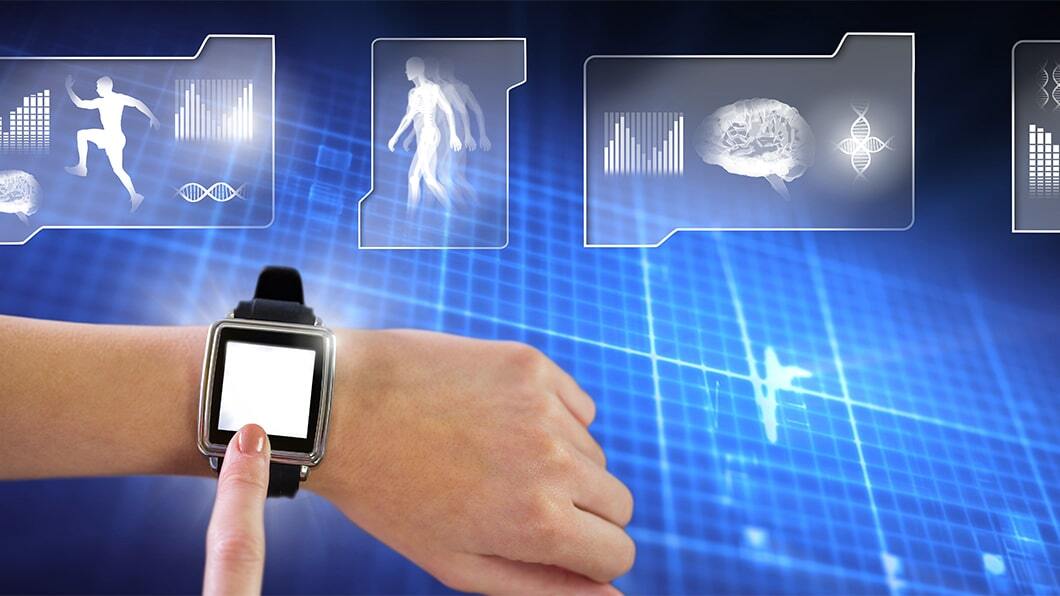
Health wearables and sensors have become increasingly popular, allowing individuals to track their fitness, monitor vital signs, and manage chronic conditions. From fitness trackers to smartwatches and glucose monitors, these devices provide real-time data that can be shared with healthcare providers for informed decision-making. Health wearables encourage proactive self-care and empower individuals to take control of their health.
7. Virtual Reality (VR) and Augmented Reality (AR)
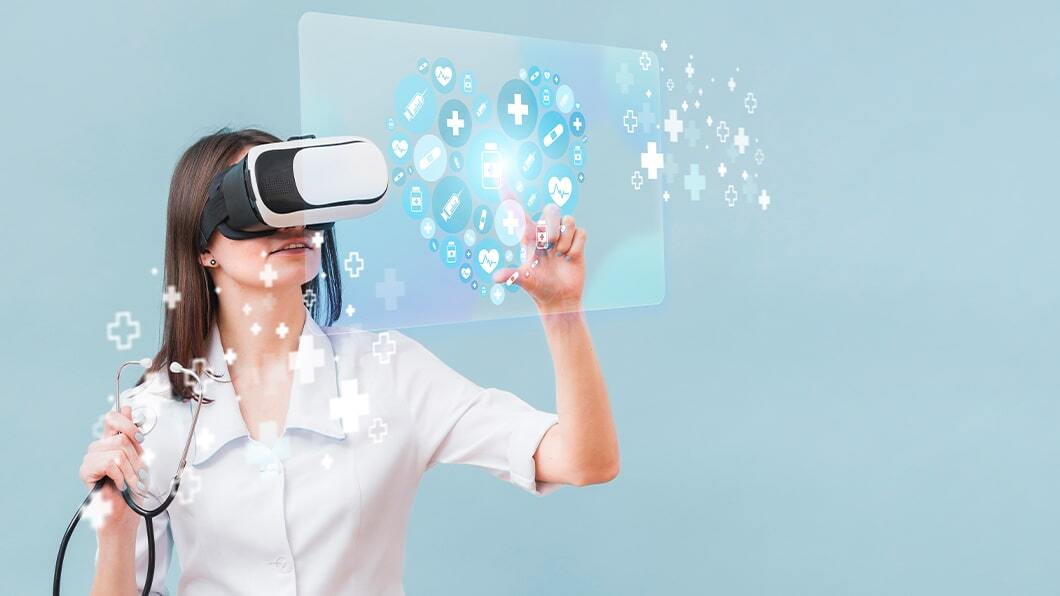
Virtual Reality (VR) and Augmented Reality (AR) technologies have found applications in healthcare, particularly in medical education, surgical training, and pain management. VR and AR simulations provide immersive experiences for training healthcare professionals, allowing them to practice complex procedures in a safe environment. VR also proves beneficial in pain distraction techniques, reducing the need for medication during certain medical procedures.
Conclusion
HealthTech innovations have transformed the healthcare landscape, improving patient care, enhancing diagnostics, and revolutionizing medical practices. From electronic health records to AI-driven diagnostics, robotics, and wearable devices, technology continues to push the boundaries of healthcare delivery. As technology continues to advance, the future of HealthTech holds the promise of further breakthroughs, enabling more precise diagnoses, personalized treatments, and improved overall healthcare outcomes.
Frequently Asked Questions (FAQs)
1. Are electronic health records secure?
Yes, electronic health records (EHRs) are designed to be secure. Measures are in place to protect patient privacy and ensure the confidentiality of their medical information. Strict access controls, encryption techniques, and robust data storage protocols are implemented to safeguard EHRs from unauthorized access or breaches. Healthcare organizations follow industry standards and regulations to ensure the security and privacy of electronic health records.
2. How does telemedicine work?
Telemedicine involves the use of technology to provide healthcare services remotely. Patients can connect with healthcare professionals through video consultations, phone calls, or secure messaging platforms. During a telemedicine session, patients can discuss their symptoms, receive medical advice, get prescriptions, or follow-up on their treatment plans. Telemedicine offers convenience, saves time, and eliminates the need for in-person visits, especially for routine check-ups or minor ailments.
3. Can robots completely replace healthcare professionals?
While robots and automation technologies have made significant advancements in healthcare, they are not intended to replace healthcare professionals entirely. Rather, they serve as valuable tools to enhance healthcare delivery and improve patient outcomes. Robots can assist in surgical procedures, automate repetitive tasks, and provide support in areas such as diagnostics and rehabilitation. Healthcare professionals remain essential for clinical judgment, decision-making, and providing personalized care.
4. What are the ethical considerations in HealthTech?
Ethical considerations in HealthTech include patient privacy and data protection, ensuring equitable access to technology-enabled healthcare services, and maintaining transparency in the use of artificial intelligence and machine learning algorithms. Additionally, there are discussions around the potential biases in AI algorithms, the responsible use of patient data, and the need for informed consent. Ethical frameworks and regulations are evolving to address these concerns and ensure responsible implementation of HealthTech solutions.
5. How can HealthTech benefit underserved communities?
HealthTech has the potential to bridge the gap in healthcare access for underserved communities. Telemedicine enables remote consultations, making healthcare services more accessible to individuals in rural or remote areas. Mobile health apps and wearable devices can empower individuals to monitor their health and manage chronic conditions more effectively. Additionally, HealthTech can facilitate remote diagnostics, enabling early detection of diseases and reducing healthcare disparities.














